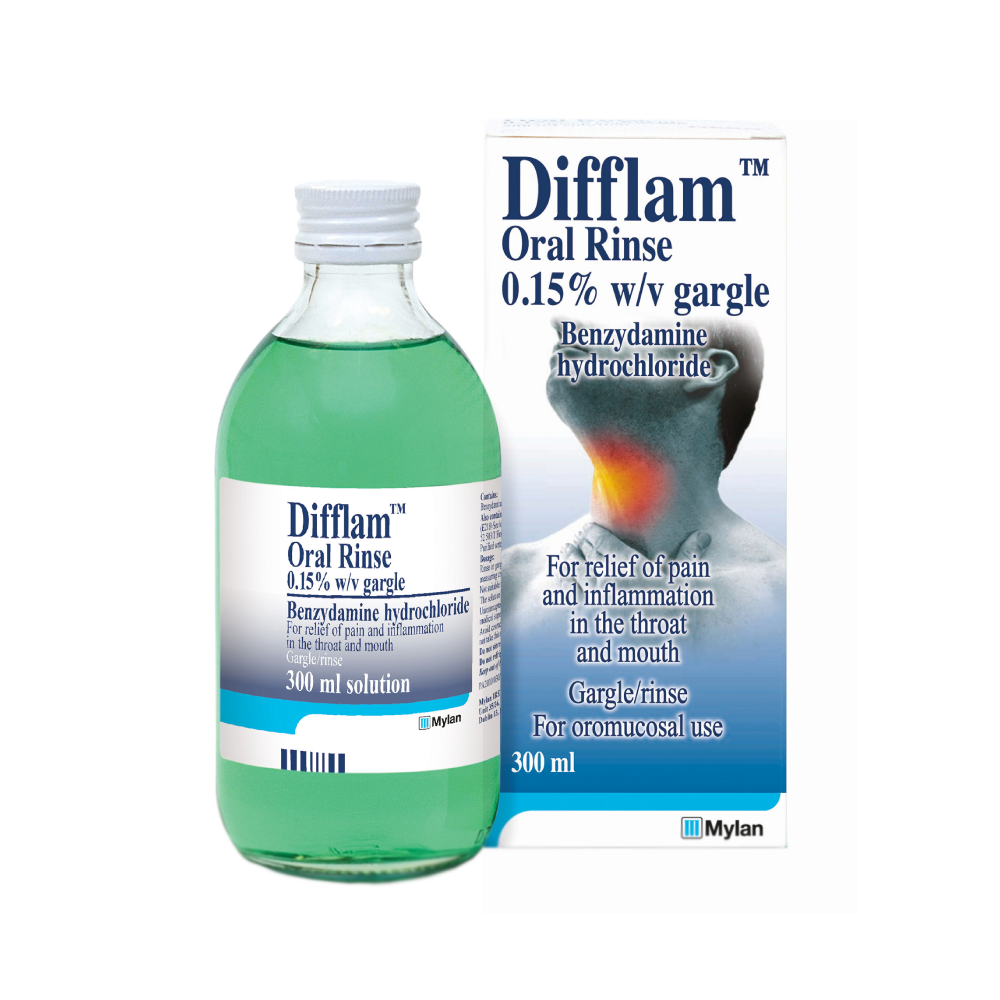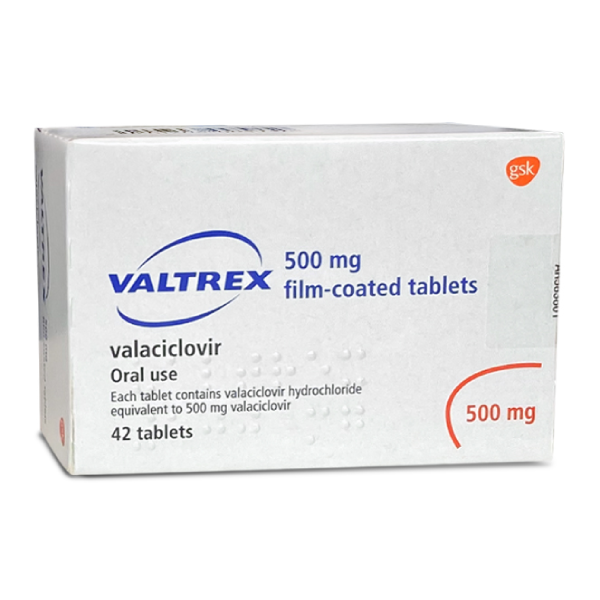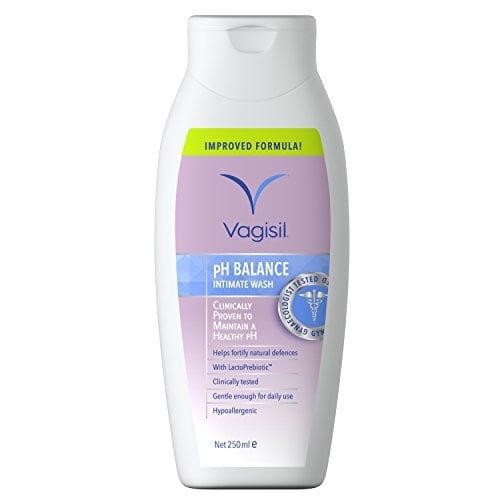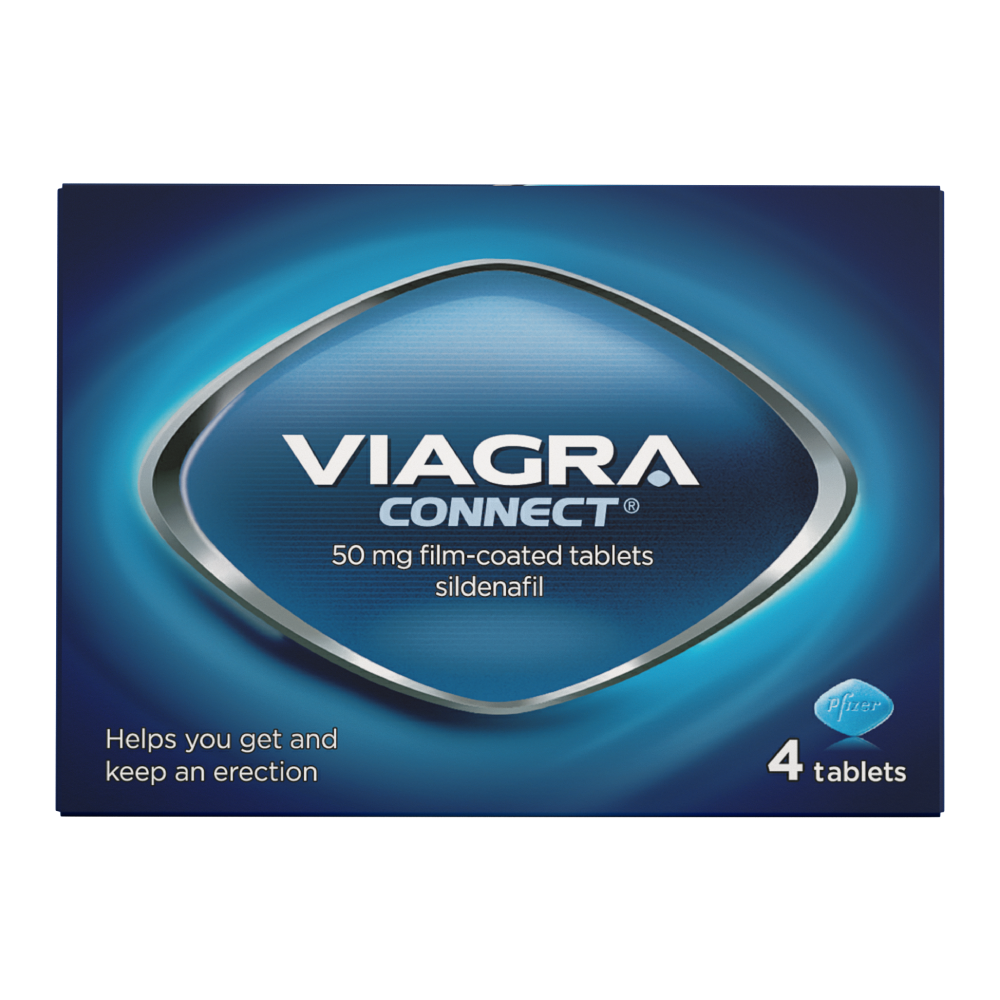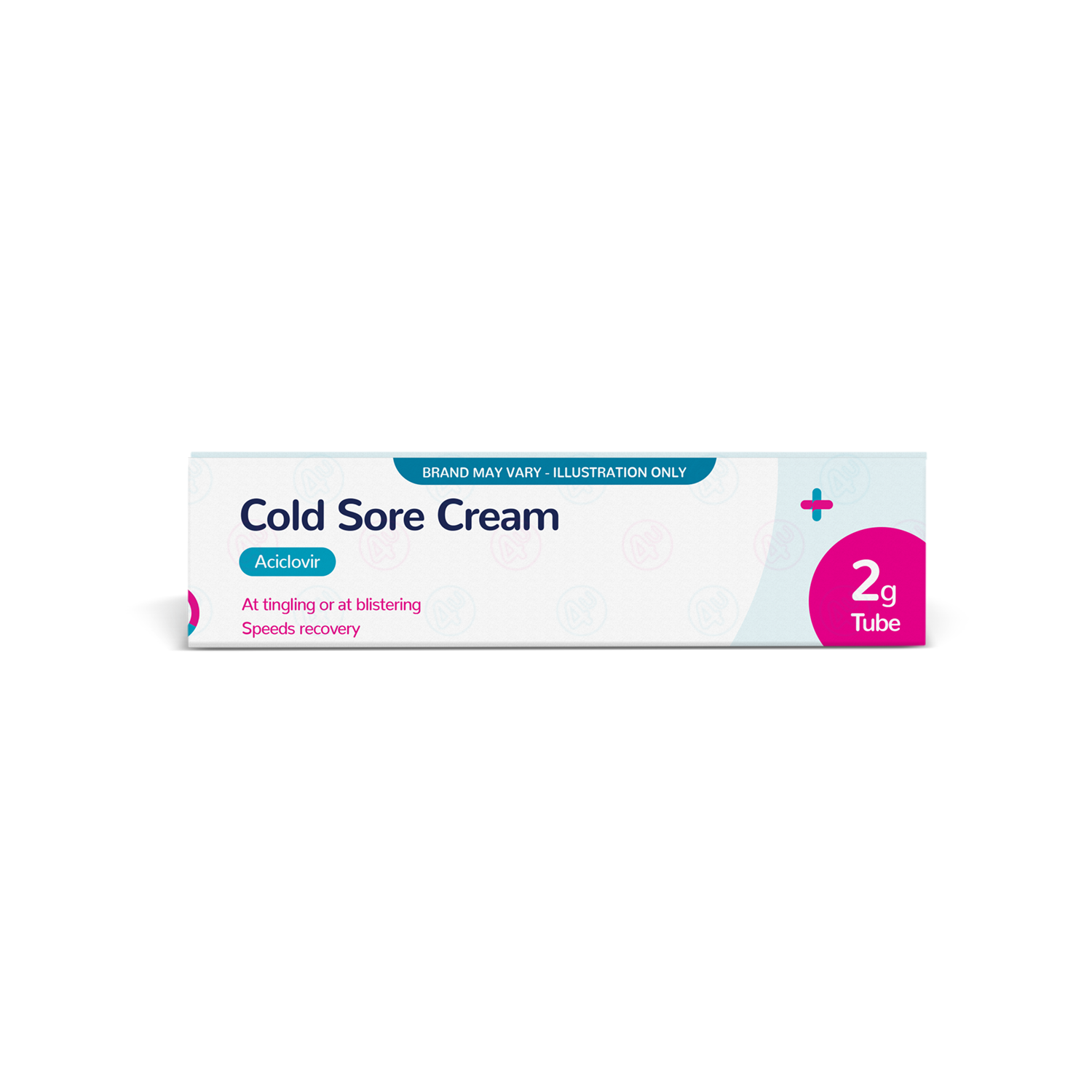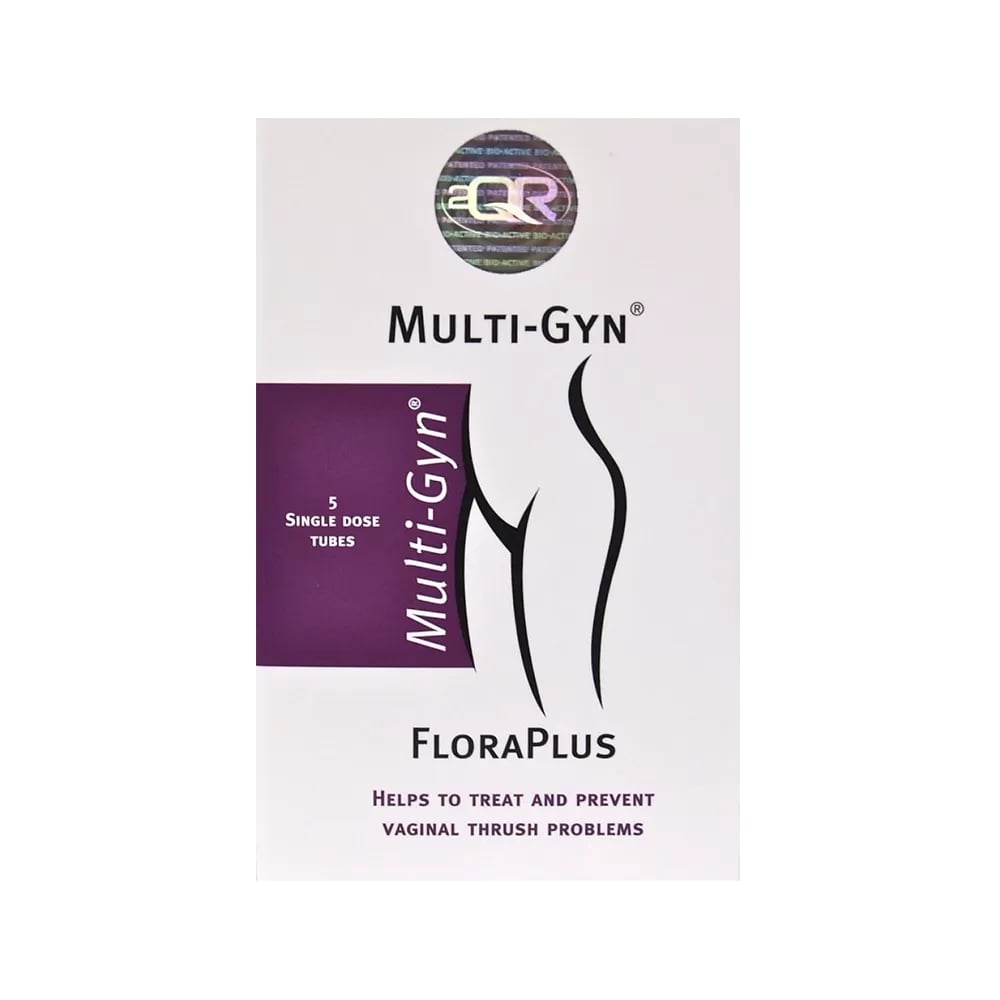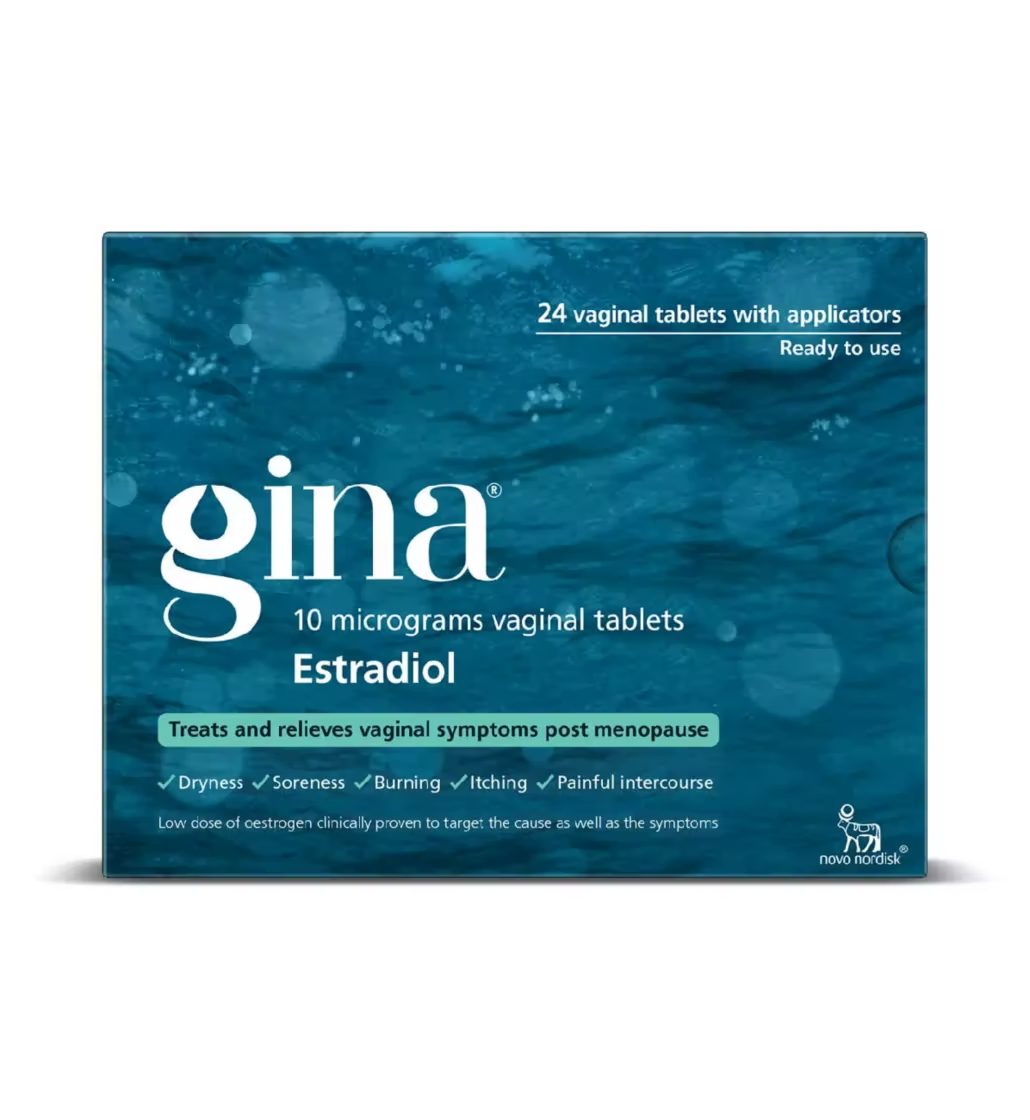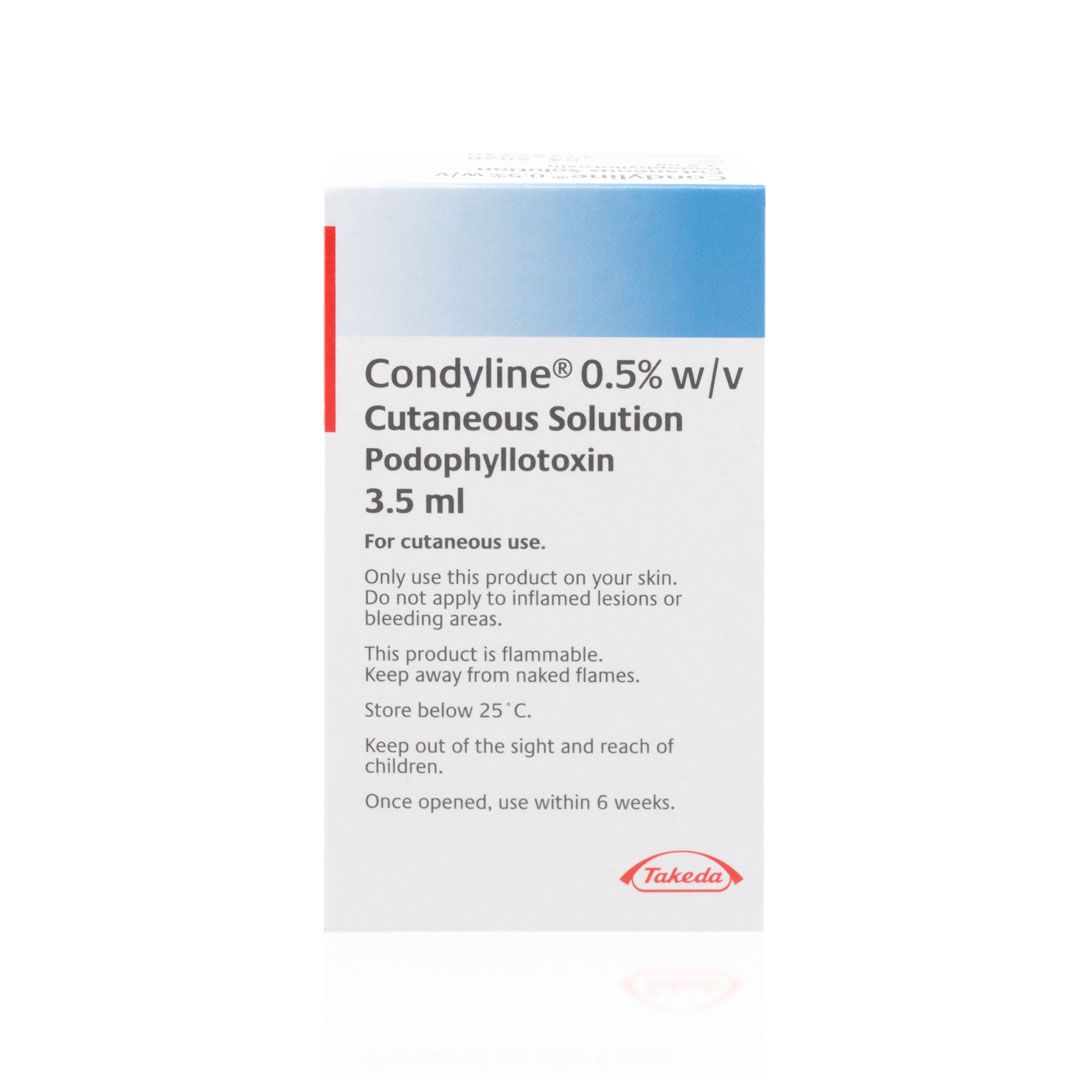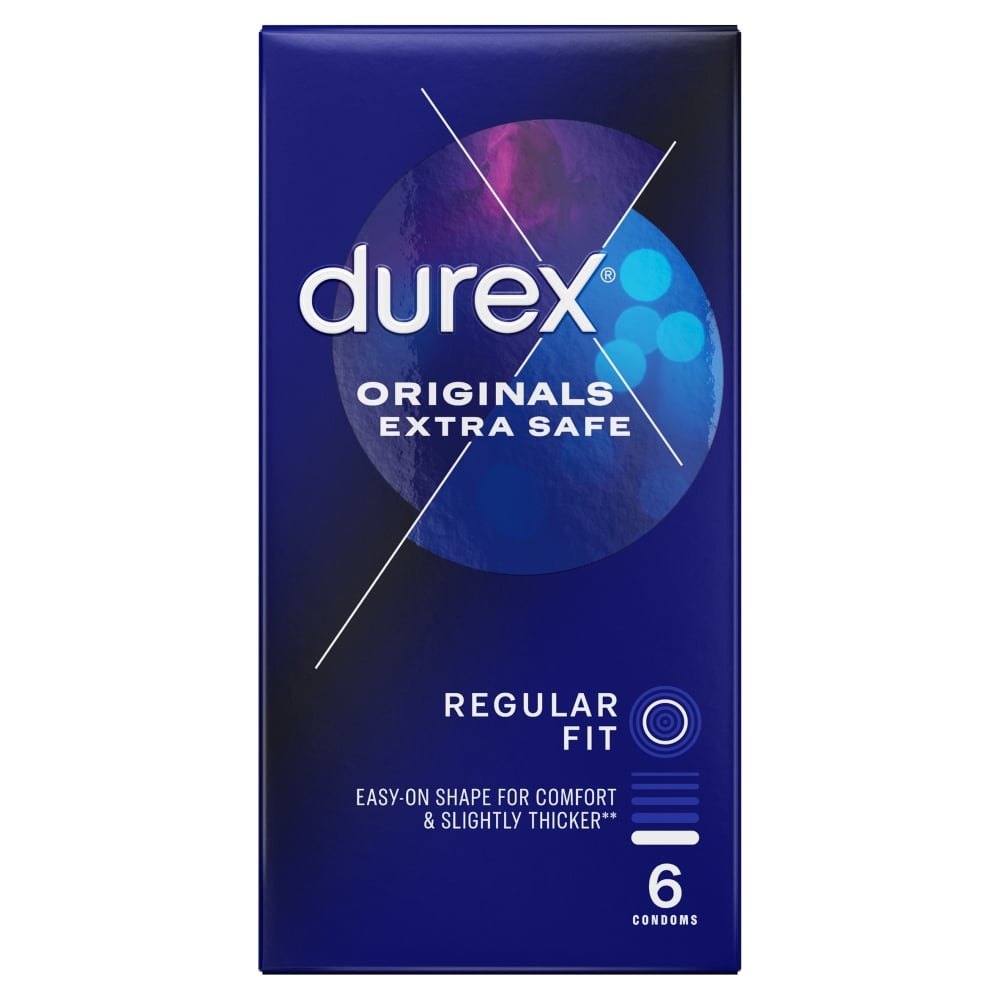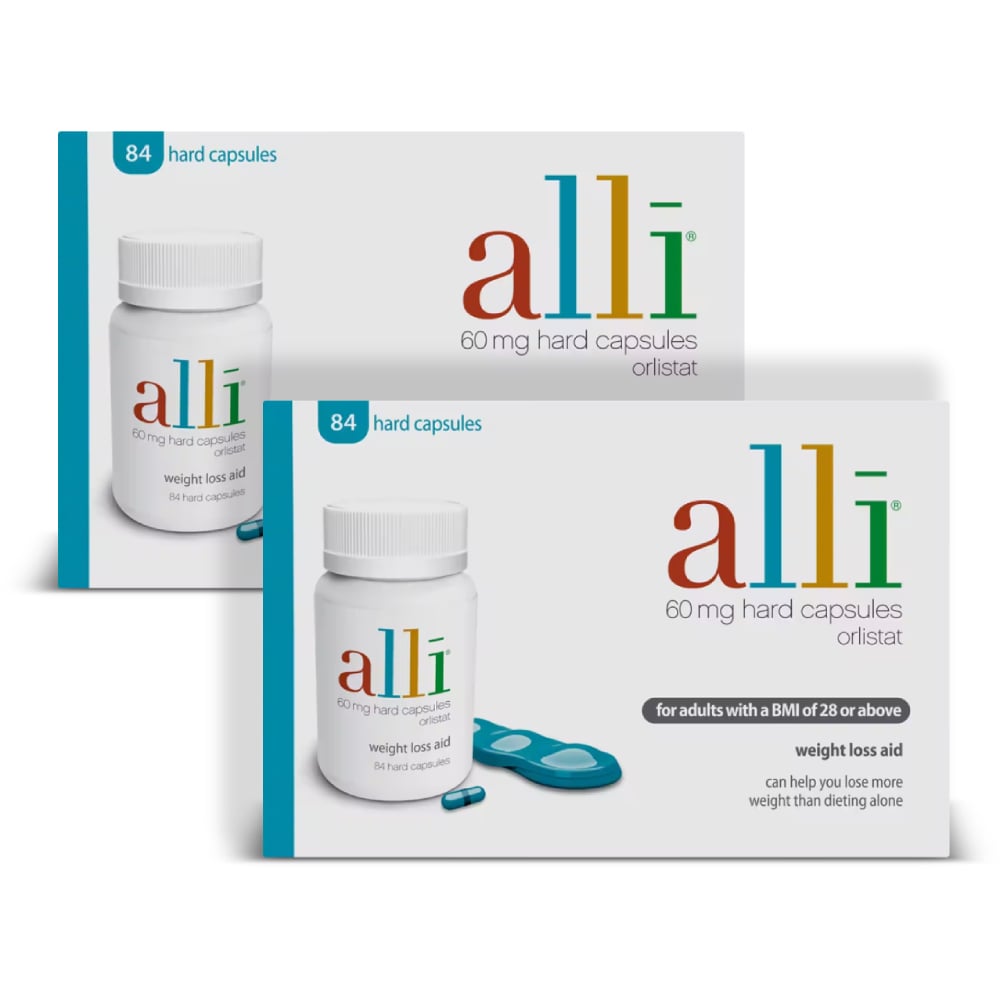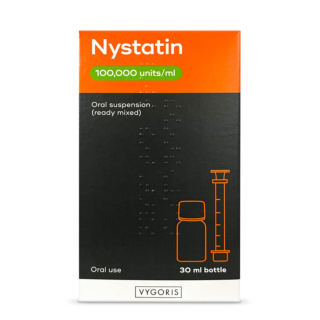Oral Thrush
Oral thrush, also known as oropharyngeal candidiasis, is usually harmless and doesn’t cause any pain[1]. However, it can still be extremely unpleasant and distressing. … Read More See less
Trying not to open your mouth too wide when you’re at work so that no one can spot the tell-tale signs of oral thrush is no way to live. Plus, oral thrush can even make eating and drinking difficult, as if it wasn’t already making life hard[2].
Oral thrush is most commonly seen in young children and infants, rising gradually from affecting 5% of newborns to 14% in the fourth week of life before the rates begin to drop[3].
It also affects up to 10% of older individuals who have a weakened immune system. And, while oral thrush is rare in adults and older children, it does affect those who also have a weakened immune system or additional risk factors.
So, whether you’re here to explore treatments for oral thrush in adults—such as oral thrush gels and oral thrush tablets—or find out how to give your baby some relief, you’re in the right place. Keep reading to find out what oral thrush is, how to prevent it and which oral thrush medications could be right for you or your baby.
What is oral thrush?
Oral thrush is a fungal infection that occurs in your mouth, throat, tongue and oesophagus (the long, muscular tube that travels from the back of your mouth down to your stomach)[4]. It occurs when a species of fungus that lives naturally in your mouth and digestive system, called Candida albicans, overgrows.
Candida albicans is normally prevented from overgrowing by your immune system, which works to keep your balance of healthy to bad bacteria in check[5]. However, certain things can disrupt the maintenance of this healthy balance and cause you to develop oral thrush.
Many types of the Candida fungus also live naturally in other parts of your body, such as the vagina, penis and in the folds of your skin[6]. As a result, there are different types of thrush depending on the location of the infection in your body and the species of Candida at work[7]. If you’re looking for thrush treatments for other parts of the body, you can find them in the general thrush page.
Is oral thrush contagious?
No, oral thrush is not contagious. This is because most people already have Candida albicans living in their mouth. So, as long as their immune system is doing its job and defending their mouth and digestive system from an overgrowth of the bacteria, the infection cannot be passed on.
Oral thrush symptoms
The symptoms of oral thrush usually come on suddenly, and include[8]:
- Creamy, white, slightly raised patches in your mouth. These are usually on your tongue and inner cheeks, but sometimes develop on your gums, tonsils, the roof of your mouth and at the back of your throat
- Slight bleeding if the patches are rubbed or scraped
- Redness, burning and soreness that may make it difficult to eat and drink
- A loss of taste
- Cracking and redness at the corners of your mouth
- A cottony feeling in your mouth
In severe cases, usually related to a weakened immune system from cancer treatment or HIV/AIDS, the white patches can spread into your oesophagus. This is called Candida oesophagitis. If this occurs, you may have trouble swallowing due to pain or feel as if food is getting stuck in your throat or mid-chest area. You may also develop a fever if the infection spreads beyond your oesophagus.
If you’re looking for oral thrush pictures to help you identify whether you or your baby may have the infection, you can find some on the NHS website.
How is thrush diagnosed?
Your GP will usually be able to diagnose oral thrush with a visual examination of your mouth[9]. They will look for the distinctive white patches on your tongue and inner cheeks that bleed slightly when lightly brushed away.
Before making a diagnosis, your GP may take a small scraping of the fungus to be examined under a microscope for Candida albicans.
If they suspect the thrush extends into your oesophagus, they may also recommend:
- An endoscopy – an endoscope (a lighted, flexible tube with a camera on the tip) is used to examine your oesophagus, stomach and the upper part of your small intestine
- A biopsy – if an endoscopy indicates thrush or more unusual findings, they may take a tissue sample at the same time. This will be sent to a lab to identify which bacteria or fungi are causing your symptoms
- Blood tests – to assess whether other conditions—such as diabetes and nutritional deficiencies—may be exacerbating your oral thrush
What causes oral thrush?
Factors that can disrupt the balance between your good bacteria and the Candida species of fungus include:
- Cancer – cancer treatments weaken the immune system and make it more difficult for your body to fight off the infection
- Diabetes – if you have diabetes that isn’t well controlled, your saliva may contain high sugar levels which encourage Candida to grow
- Stress – being consistently stressed for a long period of time can weaken your immune system
- Diets high in carbohydrates and sugar – research has identified that certain sugars and carbohydrates contribute to yeast growth
- Taking antibiotics – antibiotics disturb the natural balance of bacteria in your body, which can enable Candida to grow out of control
- Corticosteroid inhalers – inhalers that contain corticosteroids can weaken your immune system in your mouth and throat
- A weakened immune system – health conditions, such as HIV/AIDS, can weaken your immune system
- Dentures – dentures provide a microenvironment that encourages the growth of Candida, particularly in people with poor oral hygiene
- Smoking – rates of oral thrush are higher in smokers, though we don’t yet have a clear understanding of what causes this link
- Having a dry mouth – as saliva contains antifungal proteins, if you have a dry mouth you have less of these protective proteins
How to treat oral thrush
Oral thrush is primarily treated with antifungal medicines[10]. The antifungal medicine most used to treat oral thrush is fluconazole. It can also be used as a preventative medicine, if you have[11]:
- Recurrent oral thrush
- A weakened immune system
- HIV/AIDS
Fluconazole comes in the form of[12]:
- Liquids and gels – applied directly inside your mouth
- Tablets or capsules – taken orally
- Injection – for severe infections only
Fluconazole usually treats thrush within seven days, though it may take one to two weeks to completely clear up severe thrush. No matter how severe your infection is, you should always finish your full course of fluconazole to prevent it from coming back.
Fluconazole can cause:
- Nausea
- Diarrhoea
How to prevent oral thrush
People with lower levels of overall oral health have higher levels of oral thrush[13]. Currently, the cause of this link isn’t clear. However, it’s suggested that maintaining good oral hygiene can help to prevent oral thrush infections.
Steps you can take to promote good oral hygiene include:
- Brushing your teeth twice a day with a toothpaste that contains fluoride
- Flossing regularly
- Rinsing your mouth with water after meals
- Quitting smoking
- Going for regular check-ups with your dentist (even if you wear dentures or have no natural teeth, especially if your dentures don’t fit properly)
- Removing your dentures every night, cleaning them and soaking them in a solution of water and denture-cleaning tablets
- If you have few or no natural teeth, brushing your gums, tongue and inside your mouth with a soft brush twice a day
- If you use a corticosteroid inhaler, using a spacer (a plastic cylinder that attaches to the inhaler) when you take your medicine and rinsing your mouth with water after using it
- Keeping any underlying conditions that can affect your oral health, such as diabetes, under control
Sources
- https://www.ncbi.nlm.nih.gov/books/NBK367586/
- https://www.nhsinform.scot/illnesses-and-conditions/infections-and-poisoning/oral-thrush-in-adults/
- https://cks.nice.org.uk/topics/candida-oral/background-information/prevalence/#:~:text=30–45%25%20in%20healthy%20adults,debilitated%2C%20older%20people%20are%20affected.
- https://my.clevelandclinic.org/health/diseases/23198-candidiasis
- https://www.mayoclinic.org/diseases-conditions/oral-thrush/symptoms-causes/syc-20353533
- https://www.nhs.uk/conditions/thrush-in-men-and-women/
- https://my.clevelandclinic.org/health/diseases/23199-male-yeast-infection
- https://my.clevelandclinic.org/health/diseases/10956-thrush
- https://www.ncbi.nlm.nih.gov/books/NBK546247/
- https://www.nhs.uk/conditions/oral-thrush-mouth-thrush/
- https://www.nhs.uk/medicines/fluconazole/about-fluconazole/
- https://www.nhs.uk/conditions/antifungal-medicines/
- https://pmc.ncbi.nlm.nih.gov/articles/PMC4429411/

Free delivery when you spend over £30

100% discreet delivery for every item ordered

Fully regulated UK pharmacy
How do you treat oral thrush?
You can treat oral thrush with Daktarin, a sugar-free oral gel that contains the antifungal ingredient miconazole.
As oral thrush is a fungal infection, miconazole will destroy the fungi so your infection can clear up as quickly as possible.
Has your baby or child got oral thrush? No problem, Daktarin can be used on babies from 4 months and older.
Is oral thrush contagious?
Oral thrush in adults isn’t contagious and can’t be passed on through close contact like kissing, for example.
However, if your baby has come down with oral thrush and you’re breastfeeding, they can transfer it onto the mother to cause nipple thrush.
What is oral thrush?
Oral thrush is a fungal infection, which are also known as yeast infections, that affects your mouth, tongue, and throat.
It’s caused by a kind of fungus, or yeast, called Candida, which is the same type of fungi that causes genital thrush and other fungal infections in the body.
Candida naturally occurs in your body but is usually kept in check by the good bacteria you produce.
If this system is put out of balance, (for example, if you’re taking antibiotics or getting chemotherapy) then Candida can grow and thrive, causing a thrush infection.
Thrush is no fun no matter where you get it, but luckily, it’s a common and usually harmless condition.
When do you treat oral thrush in babies?
If your baby has oral thrush, usually no treatment is needed and the infection will clear on its own after a few days.
If their thrush isn’t clearing, a doctor or pharmacist may recommend an antifungal treatment like Daktarin which contains the active ingredient miconazole to clear the infection.
This should be applied to the affected areas in your baby’s mouth after they’ve been fed.

